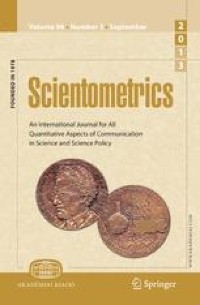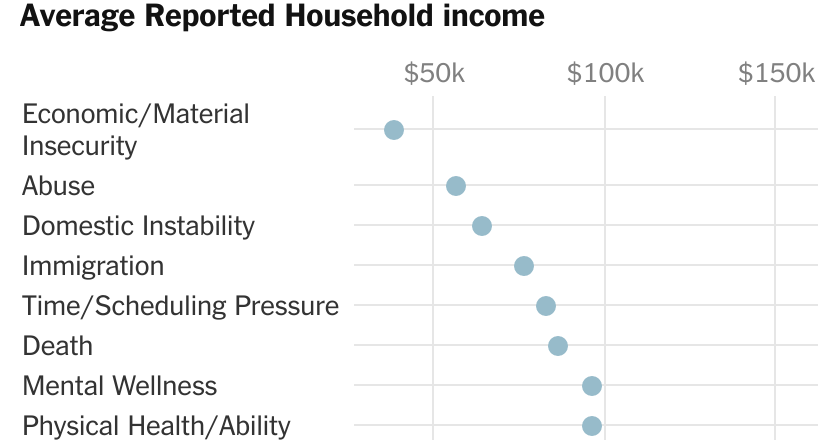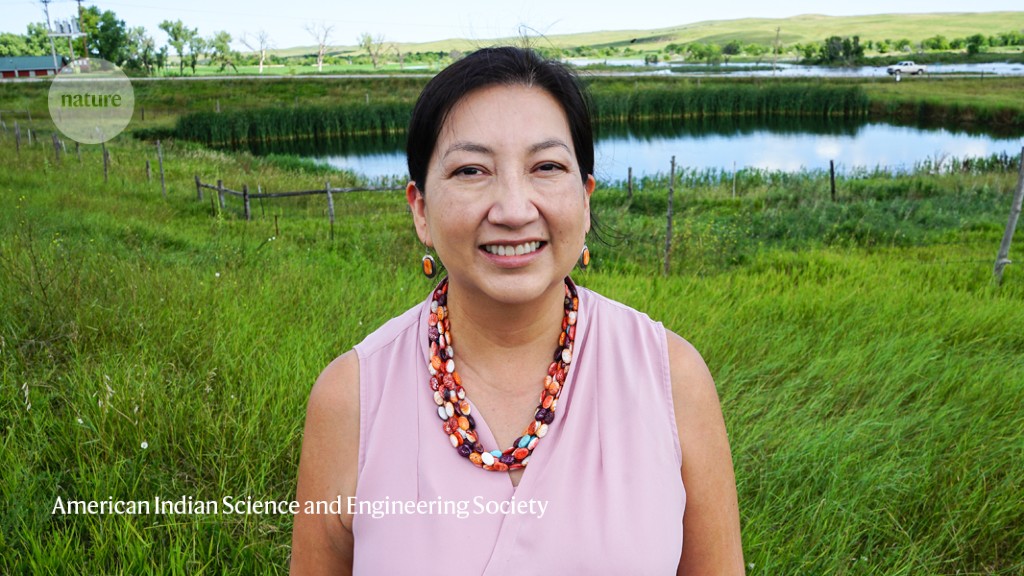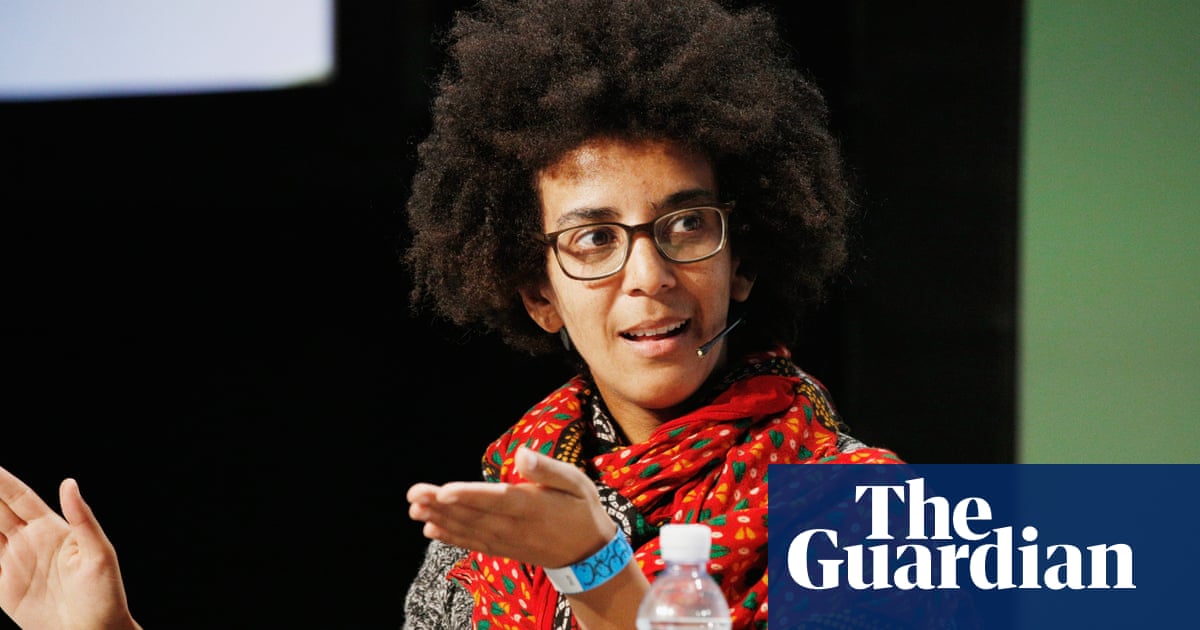Send us a link
'Good Progress' on Research Excellence Framework Panel Diversity
'Good Progress' on Research Excellence Framework Panel Diversity
Female representation now proportionate to UK academia as a whole, even if ethnic minorities still fall short.

Modern Mathematics Confronts Its White, Patriarchal Past
Mathematicians want to think their field is a meritocracy, but bias, harassment and exclusion persist.

Science Can't Be Pākehā or Māori, It's Just Science
"Science belongs to all of us and it is not an enemy of any culture."

The Lack of People of Colour in Science Images Must Be Fixed
Archives, libraries, photo agencies and publishers need to do better to reflect science's true past and present.

Seek Diversity to Solve Complexity
A wide range of perspectives brings unique insight to societal problems.

Black Scientists Find Community-and Plan for the Road Ahead
The Black in X network mobilized last summer to bring attention to racism in STEM. This week, they're holding their first conference to talk about what's next.

The Myth of Diversity and Inclusion in Science
The US scientific research enterprise is completely intertwined with US global hegemony.

Scientific Success by Numbers
Big data bibliometrics must take into account qualitative analyses of research as a social institution, rooted in history, economics and politics.

The REF's Singular Focus on Excellence Limits Academic Diversity
Research assessment exercises in the UK ostensibly serve to evaluate research, but they also shape and manage it. The author argues that the REF promotes a narrow vision and calls for a wider distribution of research funding to prevent fields being captured by dominant academic cultures.

Equity Concerns Persist over Open-Access Publishing
Senior male researchers at prestigious institutions are the most likely to pay to publish open access, study suggests.
Socioeconomic Roots of Academic Faculty
Article investigates the representativeness of faculty childhood socioeconomic status and whether it may implicitly limit efforts to diversify the professoriate in terms of race, gender, and geography.
Race on Campus: Why Faculty Diversity Remains Largely a Zero-Sum Game
Race on Campus: Why Faculty Diversity Remains Largely a Zero-Sum Game
Without more people of color pursuing doctoral degrees, the talent pool will stay predominantly white.
HHMI Commits $30 Million to Increase Diversity in Science with 21 Hanna Gray Fellows
HHMI Commits $30 Million to Increase Diversity in Science with 21 Hanna Gray Fellows
HHMI announces the selection of 21 exceptional early career scientists as 2020 Hanna Gray Fellows to support diversity in biomedical research. The 2022 Hanna H. Gray Fellows Program competition will open later this year.
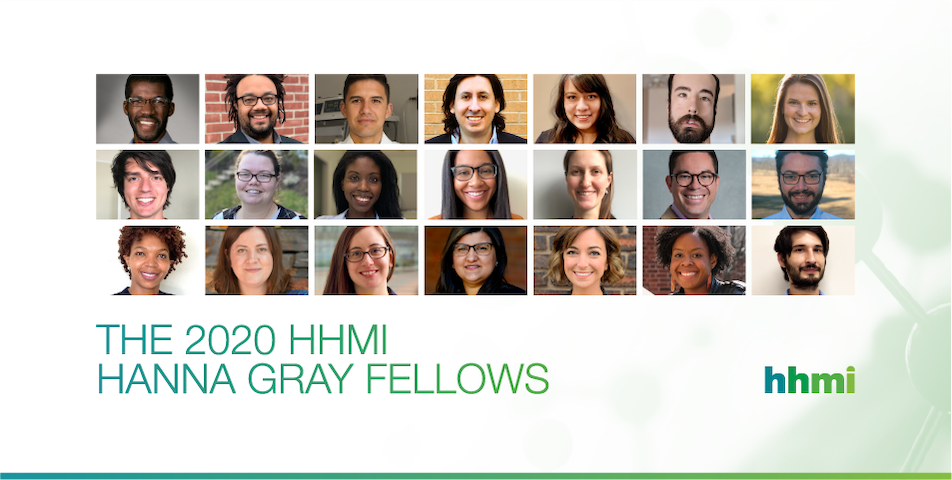
Decolonizing Scholarly Communications Through Bibliodiversity
This short form article was originally accepted to be published in a Special Open Access Collection in the journal, Development and Change, however, was withdrawn by the authors due to unacceptable licensing conditions proposed by the publisher. Diversity is an important characteristic of any healthy ecosystem. In the field of scholarly communications, diversity in services and platforms, funding mechanisms and evaluation measures will allow the ecosystem to accommodate the different workflows, languages, publication outputs and research topics that support the needs of different research communities. Diversity also reduces the risk of vendor lock-in, which leads to monopolization and high prices. Yet this 'bibliodiversity' is undermined by the fact that researchers around the world are evaluated according to journal-based citation measures, which have become the major currency of academic research. Journals seek to maximize their bibliometric measures by adopting editorial policies that increase citation counts, resulting in the predominance of Northern/Western research priorities and perspectives in the literature, and an increasing marginalization of research topics of more narrow or local nature. This contribution examines the distinctive, non-commercial approach to open access (OA) found in Latin America and reflects on how greater diversity in OA infrastructures helps to address inequalities in global knowledge production as well as knowledge access. The authors argue that bibliodiversity, rather than adoption of standardized models of OA, is central to the development of a more equitable system of knowledge production.
Uncertainty Plagues Junior Researchers from Underprivileged Backgrounds Amid Pandemic
Uncertainty Plagues Junior Researchers from Underprivileged Backgrounds Amid Pandemic

Guest Post - What We Can Learn from How Academics and the Public View Diversity, Inclusion, and Equity
Guest Post - What We Can Learn from How Academics and the Public View Diversity, Inclusion, and Equity
Susan Spilka analyzes a series of surveys from Emerald Publishing that asked both academics and the general public about the value of diversity, equity, and inclusion to society.



